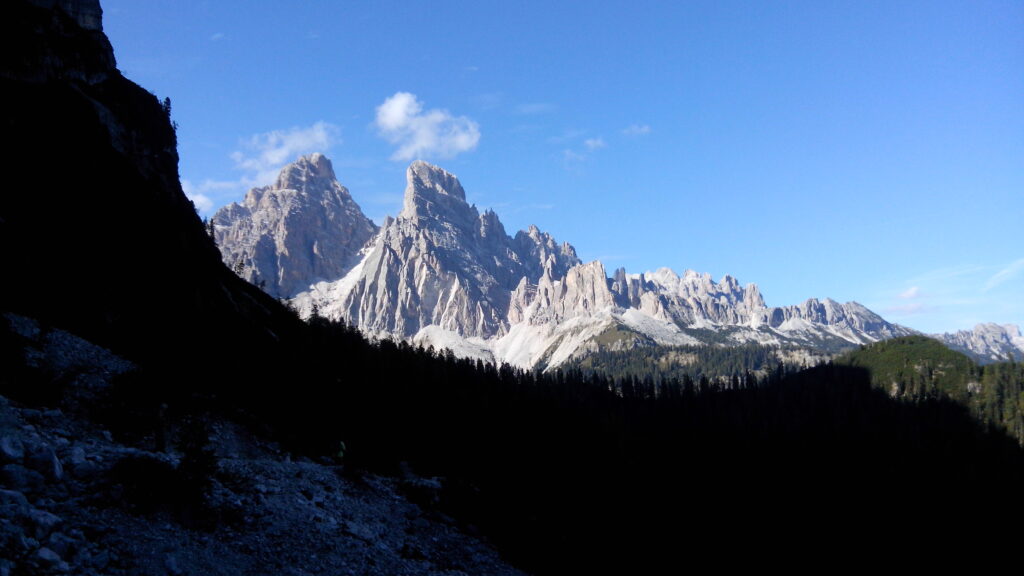definition of poetry: an attempt

Definition of poetry: does it make sense to give it?
A rational mind does nothing but look for labels to stick on things, so it is normal for our minds to try to define even what poetry is. But poetry has no great passion to be defined; it escapes like a fish among the slippery stones of a raging river. Each historical era has given a different definition of poetic art, each language defines it with different words, and it is also very interesting to investigate why we care about poetry. The truth is that those who have been touched by the gift of poetry don’t care what the mind says about this mysterious dimension. Those who make poetry know what they are talking about; those who would like to make poetry are also in the position of having to define it.
Having clarified this one can give some elements, some cardinal points to orient oneself in this indefinable dimension.
Some possible elements
Poetry puts the word at the center. This is perhaps the only real certainty when it comes to poetry. Whether spoken, written or sung, in whatever language it is packaged, the undisputed protagonist of poetry is the word.
If we take its Greek etymology, however, it is not a simple, casual word, but a word capable of creation, a word capable of questioning the static nature of the very meaning of words.
And then it is a word that becomes a bridge, a bridge between humans, a bridge between heaven and earth, a bridge between reality and imagination, a bridge between the thousand splinters of truth that fell to earth at the original explosion.
Finally it is word that saves. Those who have come to know poetry have done so in the context of a profound process of salvation, which may be mystical or social but which concerns what really matters, namely the truth of us and the cosmos.
With these four cardinal points anyone can travel through any definition of poetry and understand whether and how much it corresponds to truth.
Leave a Reply